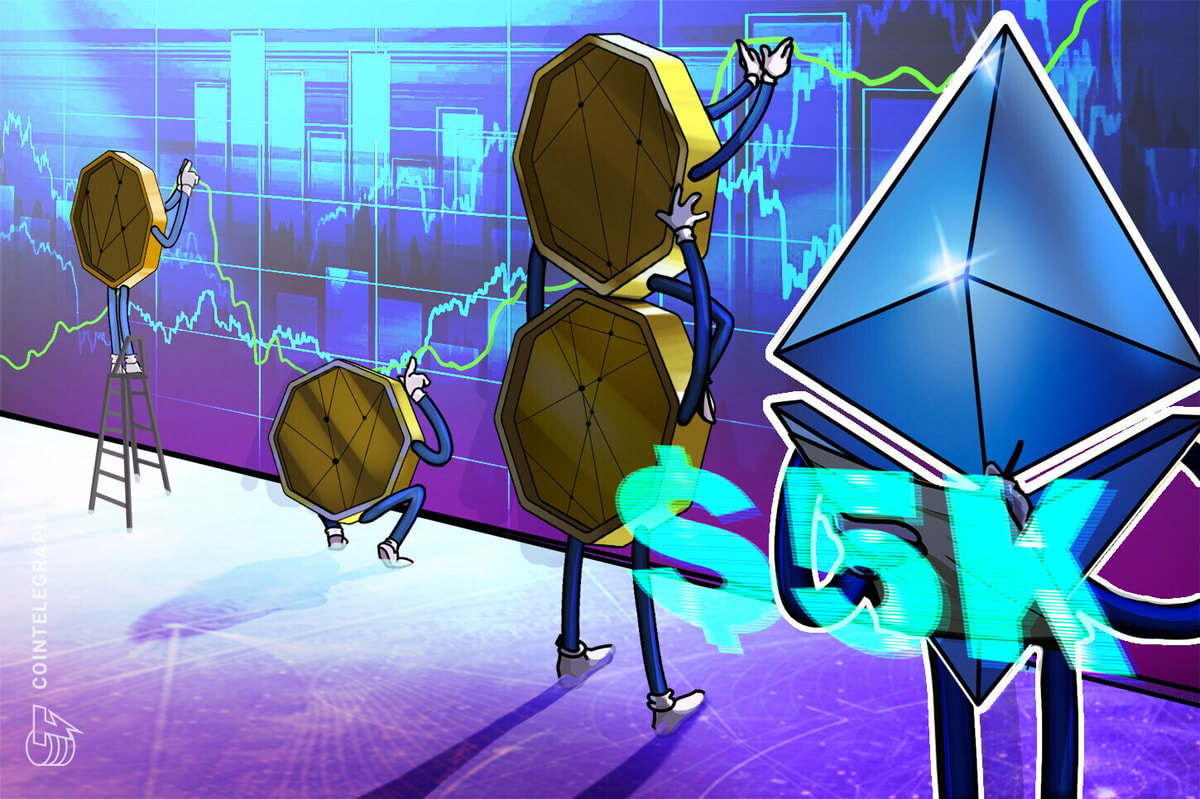
Mt. Gox’s petition for bankruptcy protection during a proposed reorganization was rejected two weeks ago by a Japanese bankruptcy court. As a result, the beleaguered exchange has been ordered into liquidation. Unless or until CEO Mark Karpeles makes himself available in person to provide a deposition to courts in the United States, the same is likely to be the outcome for the bankruptcy filing by the company’s US subsidiary. In response, a group of investors calling themselves “Sunlot Holdings, Ltd.” has proposed a customer led reorganization under the title “Save Gox.” I started writing this article with the intention of heaping scorn on the notion of saving Mt. Gox. However, the more I thought about it the more I started to wonder why any investor would even consider the idea. I still don’t know what to think about this. I have to admit that I didn’t lose a penny at Mt. Gox, but I do have some thoughts that are worth discussing with anyone who might consider casting their lot with Save Gox.Whether or not its problems began with insider theft, one of the biggest problems at Mt. Gox seems to have been that the management was less competent than would be desirable. Assuming for a moment that the narrative concerning the loss of its bitcoins pushed by Mt. Gox is truthful and correct, then “deeply flawed” would be a charitable description of the company’s system of internal controls. If management was not complicit, then they both failed to prevent and failed to detect a massive theft that likely occurred over a lengthy period of time. CEO Mark Karpeles has lost the confidence of the Bitcoin community and will unquestionably have to go. The developers and accounting staff, such as they are, will also have to go, if only to allay fears that they might have been complicit in the theft. After that, who will be left standing, the janitor? Workforce in place, what could have been Mt. Gox 2.0’s most significant asset, will basically be non-existent.What is left that will generate revenue? Besides the debt, Mt. Gox’s balance sheet consists of the website and trademark (worth less than $0, in my opinion), proprietary trading software (useless if it somehow permitted Mt. Gox to be the victim of theft) and an inconsequential amount of furnishings, computers and other equipment. If Sunlot just wants rights to the website and the name, then why not buy them at auction during the liquidation? Alternatively, why not just start a new exchange free and clear from Mt. Gox’s bad name and other baggage?Sunlot Holdings Limited, the group behind the rehabilitation plan, includes Bitcoin entrepreneur Brock Pierce, and venture capitalists Matthew Roszak and William Quigley. They seem like competent investors, but do they have experience with carrying out the sort of turnaround that will be necessary for Mt. Gox to earn its way back to solvency? This is no small matter, as Fortune 500 companies pay big money for turnaround experts. If anyone could do this, then former JC Penney CEO Ron Johnson, an Apple veteran who created that company’s retail store concept, wouldn’t be out of a job. Today, Mt. Gox could hardly be in worse shape. They owe lots of money to an almost inconceivable number of creditors. They basically own nothing of value and they have been out of operation for months (perhaps years by the time a reorganization could be carried out). Sunlot claims that is “prepared to invest heavily in [Mt. Gox] once [they] have conducted a full accounting of Mt. Gox’s assets and legal liabilities.” Does that mean that they haven’t already done this?Where will the capital come from? Sunlot Holdings says that remaining assets will be distributed to creditors immediately. Presumably, that means that the company would restart with $0 in liquid capital, no bitcoins and an enormous debt load. Why would an investor agree to assume hundreds of millions of dollars in debt that isn’t his in exchange for a small amount of assets of dubious value? Perhaps the group intends to engage in a fishing expedition. Mt. Gox’s missing bitcoins didn’t just disappear. Is Sunlot hoping to somehow find and recover them?Speaking of Mark Karpeles, will reorganization include some kind of deal that allows him to walk away? If the Sunlot team wants his help, then any competent lawyer will ask for indemnity for him from participating creditors. Save Gox says that Karpeles abandoned their plan in an effort to “avoid personal liability” as alleged in a civil fraud suit in the United States that is currently seeking class action status. If he, as CEO, was negligent in carrying out his fiduciary duty, then shouldn’t he be held liable?Are there any objectively good reasons to rehabilitate Mt. Gox besides making creditors whole? If you are one of those creditors, you probably don’t think that you have much to lose by getting on board. You will likely be asked to give up the right to sue, now or in the future, and you will probably also have to take a haircut and/or some sort of equity in lieu of debt arrangement. However, keep in mind that the men behind Save Gox are savvy investors, not altruists. Their proposal must have started with a shrewd and fairly realistic assessment of what they stand to gain by taking over Mt. Gox. Whatever that is, it isn’t necessarily at the expense of Mt. Gox’s creditors, but it also won’t be at the expense of a profit motive. Given the level of risk involved with the plan, Sunlot’s expected rate of return must be high indeed.Is this even legal, or feasible? At least one bankruptcy court judge has already decided that the answer is no. In order for this plan to work, Sunlot will need to convince bankruptcy court judges on at least two continents both that it is realistic and that the team is capable of carrying it out. They will also need a critical mass of creditors to get on board and to accept something less than the full and immediate recovery to which they are legally entitled. Any creditor who chooses not to participate will rightfully be able to demand full and immediate repayment from Mt. Gox’s successor management. In order to buy the company’s way out of liquidation, Sunlot will have no choice but to pay them.What if it doesn’t work? There is no possible reorganization scenario that could be described as other than high risk. Mt. Gox’s customers could find themselves right back where they started, except this time they might be considered equity holders instead of creditors. As equity holders, that would put them dead last in line for repayment. Sunlot, on the other hand, is likely to structure this investment as a leveraged buyout, meaning they would “lend” Mt. Gox the money to make good. This also means that, as creditors, they would go to the head of the line under a repeat bankruptcy scenario.What do you think? If you lost money at Mt. Gox and are considering signing on with Sunlot Holdings’ Save Gox plan, please share your thoughts in comments below.










